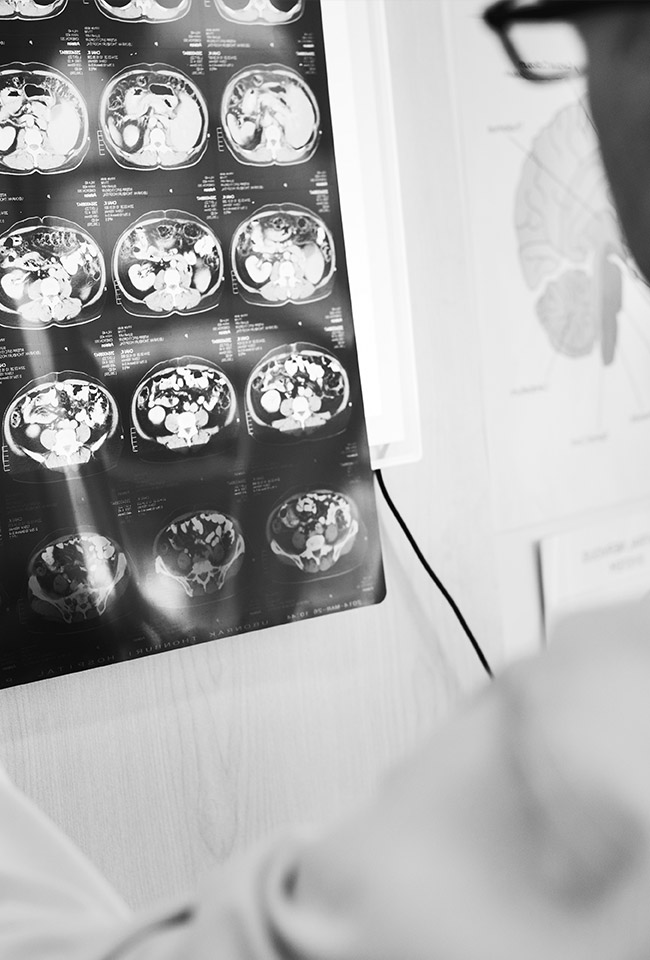A careful check of the methodologies of medical researches with the assistance of MRI's tomography has literally made unreal the results of an entire scientific branch invalid.
During the course of several decades, neurobiologists and cognitive psychologists issued to analyze data gathered from MRI have used the statistical programs AFNI, SPM, and FSL. Now it has come to our knowledge that because of incorrectly build algorithms, these programs give up to 70% false results. Until recently it was believed that these errors don't go over 5%.
Given these facts, it means that around 40 000 scientific research papers published in the last 10-20 years that used the MRI data are in question. Besides, the witnessed error will affect the way we visualize neuron activity.
The functional MRI tomography is being used in medicine for more than 25 years and it's bizarre that the most frequently used statistical methods in the MRI software have not been confirmed by real data until now.
The statistical methods are based on MRI results interpretation. Using them a specific part of the main cortex is defined while being triggered by different factors - limb movements, as well as various pathological conditions.
The case has been published on the 27th of June this year in the 'Proceedings of the National Academy of Sciences' magazine.








Share on social media